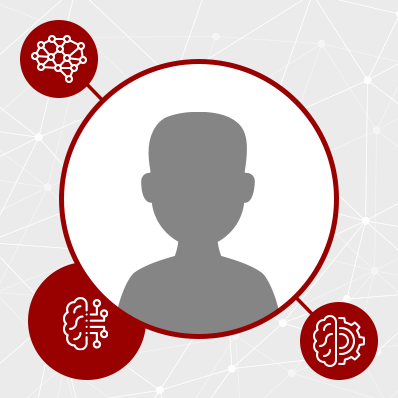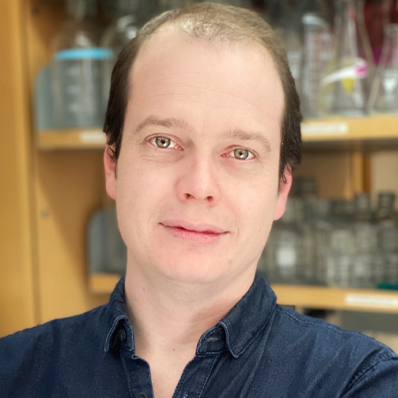Arnold, Don
Professor of Biological Sciences
The Arnold lab develops molecular tools for studying and manipulating neural circuits. We have developed novel recombinant probes known as FingRs, which label synaptic proteins such as PSD95, Gephyrin, and CamKii with high fidelity without causing off-target effects. We have used FingRs to visualize the formation of memories in larval zebrafish. These probes can also be used to ablate synapses, leading to functional disruption of neural circuits in a fast, efficient, and reversible manner. More recently, we developed ATLAS, a protein that mediates anterograde tracing of neural circuits from genetically determined neurons. We believe that ATLAS and its variants for tracing neuromodulatory circuits will be powerful tools for observing and manipulating neural circuits in the context of living organisms.
Aziz-Zadeh, Lisa
Associate Professor of Occupational Science, Psychology and Neurology
The Center for the Neuroscience of Embodied CognitionWe explore how rudimentary sensory-motor areas may be intrinsically involved in processing aspects of higher cognition such as language, thought, emotions, empathy, and social communication. We study both typical populations and autism, using MRI and behavioral studies, also integrating microbiome research.
Baker, Laura A.
Gene-environment interplay in human behavior, including personality, cognitive and social development. Rich datasets from longitudinal twin study of risk factors for externalizing behavior problems available for analysis.
Bonaguidi, Michael
Associate Professor of Stem Cell and Regenerative Medicine
Cognitive impairment (CI) is a burdensome neurological condition that occurs during aging, Alzheimer’s disease (AD), and is a common co-morbidity in many neurodegenerative diseases, including epilepsy. Unfortunately, CI prevalence continues to accelerate due to population aging and emerging therapies only slows CI by a few months. Our research seeks to develop regenerative medicine and provide longer-lasting benefits to CI through brain restoration. We are establishing endogenous brain regeneration as a therapeutic approach for CI in pre-clinical animals and people by (1) investigating neural stem cell behavior in aging, AD and epilepsy, (2) developing computational/AI drug discovery tools for precision medicine to treat CI, and (3) partnering with physicians for human research and clinical trials to translate our findings.
Borner, Tito
Assistant Professor of Biological Sciences
The whole of his research career focuses on deepening our understanding of how nerve cells control food intake under both normal physiological conditions and when conditions go awry, such as when disease sets in. His overarching research goal is to investigate and identify the components and pathways within the central nervous system that mediate anorexia (loss of appetite), nausea, vomiting (emesis), and weight loss in pre-clinical models. This exploration focuses on understanding how these symptoms manifests after various diseases and, importantly, how they can be prevented, which special emphasis on chronic conditions such as cancer and diabetes.
Borzage, Matthew
We focus on innovative imaging-based tools to understand the brain’s vascular, hemodynamic, and metabolic conditions across the lifespan. This physiology is essential to provide adequate nutrients and remove the metabolic byproducts of the brain. Without intact physiology, brain health suffers from early maturation throughout brain aging. Our studies investigate diseases and therapeutics that impair the ability of the brain to adequately supply itself with blood and metabolites, or that inhibit its ability to remove metabolic byproducts. We collaborate with studies and trials seeking interventions that could protect or restore this essential physiology.









